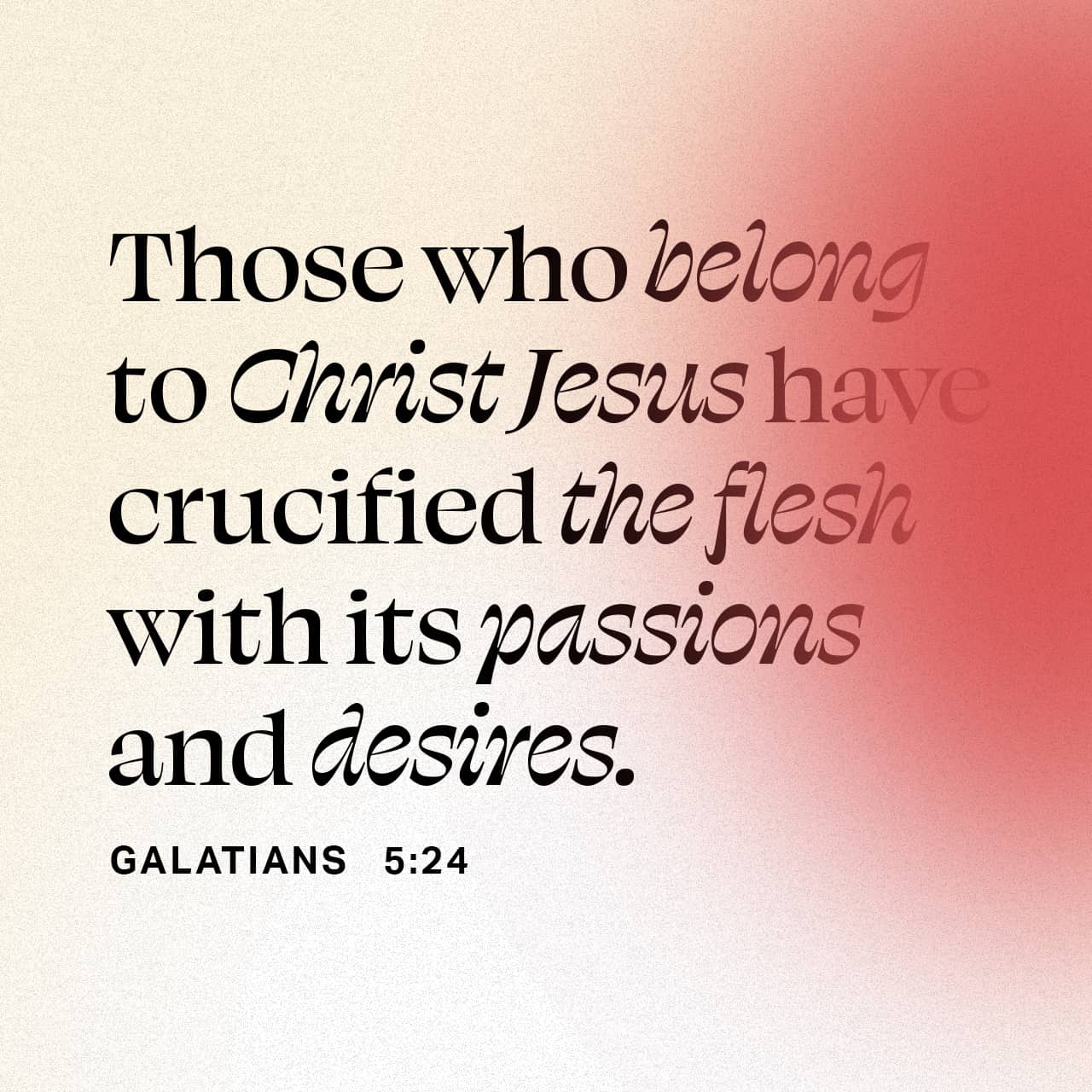In this third posting, we are continuing the blog series with content from biblical scholar Scot McKnight. McKnight has recently published New Testament Everyday Bible Study series with HarperChristian Resources. McKnight combines interpretive insights with pastoral wisdom for all the books of the New Testament. Each volume provides original meaning, fresh interpretation, and practical application.
In this blog series, we’ll be sharing Scot’s insights and wisdom on the book of Philippians. It is available as a book as well: Philippians and 1 & 2 Thessalonians: Kingdom Living in Today’s World.
For twelve weeks, Bible Gateway will publish a chapter from the Bible study book, taking you through the full text of McKnight’s study on Philippians. For this week, here is the third study, Our Common Life in Gospel Mission | Philippians 1:12-26.
Pressure applied to a person, whether physical or emotional or financial, often reveals character. Persecution, whether physical or social and status-shaming, puts a person in the dock to declare (or not) his/her allegiance to Jesus as the world’s true Lord and King. Instead of blaming others, instead of running to safety, and instead of going silent, the Faithful believer confesses before her persecutors and says, “Jesus is the Lord. He is my Lord. And I will follow Him.” Paul knew pressure. In fact, it is more than possible he had been in prison for four years. But, instead of pouting and moaning, he responded with bold confessions of the Lord Jesus. Remember back when Paul was first in Philippi? You might know the impact of that singular witness by Paul in prison. We call the impact the “Philippian Jailer,” as we read about him in Acts 16.
Pressure also reveals personality, and this passage is special among the letters by Paul for all its I’s and Me’s and My’s. (You might underline each one in the passage above.) However, he is not being self-centered. Rather, Paul lives in an honor-shame world where everyone knew their status location in society. Being in prison for being connected to a crucified Galilean Man degraded one’s status. But Paul flipped the honor-shame script: what was degrading for the Romans was for Paul upgrading or honoring, and what was honoring among the Romans was degrading for the apostle. The whole letter in some ways turns on this flipped script. Paul’s “I” is actually “Christ.”
Paul is sitting in prison where he awaits a trial and verdict. One was not sent to prison after but before one’s sentence in that world. One was in prison to await trial. We see this in Paul’s own life while in Caesarea Maritima (Acts 23–26). Paul experiences an entirely new perspective on sufferings that promotes his courage. He perceives that his imprisonment enabled him to “advance the gospel” (Philippians 1:12). How so? “It has become clear” or even “obvious” to the entire Roman Praetorian Guard, a massive group of soldiers who protected no less than the emperor (Nero), that his imprisonment is because of his witness “for Christ” (1:13). He’d done nothing other than tell people that Jesus is the Lord.
Paul turned his imprisonment in Philippi in his original mission there into an opportunity to gospel the inmates and authorities (Acts 16:19–34). He was doing the same thing again in Rome. It was the Paul’s prison habit. Paul and Timothy knew the reality of opposition to the Gospel, which meant the sting of rejection, the shame of verbal insults, and the wounds of persecutions. His witness in prison in Rome has made others “confident in the Lord” so that they “dare all the more” to tell others about the Lordship of Jesus (Philippians 1:14).
One suspects Paul is urging the Philippians to learn from this description of his own experience, and that is why he describes them inclusively as “brothers and sisters” or siblings (1:12). In the next passage he makes their common experience explicit: “since you are going through the same struggle you saw I had.”
Sibling language evokes equality and that we are all in this together. People are watching us. Our children engage in the patterns of our lives, our neighbors observe us, our workmates notice us, our church scans us, and the community watches our witness. Our fellow believers are encouraged by our courage and empowered by the power at work in us. They see that we don’t lash out but that we absorb opposition to the Gospel as we walk in the way of the cross of Jesus. They notice that our rejections look like rejections of Christ.
We Know Our Message
In all that experience of suffering only one thing mattered: “Christ is preached” (1:18). In a few of his letters Paul clarifies what “Gospel” means. First Corinthians 15:1–8 is the classic example, but so too one should read both Romans 1:2–4 and 2 Timothy 2:8.
The essence of the gospel is the story about Jesus that fulfills the Promises of Israel’s story, and this Jesus is announced in the gospel. Correct that: announcing and talking about Jesus is gospeling! This Jesus is the King, the Messiah, the Lord, and the Saviour, and as Saviour He Brings all the benefits of salvation (Forgiveness, Justification, Reconciliation, Transformation). Paul is in prison because of his “defense of the gospel,” that is, for what he was gospeling about Jesus (1:16).
As one who cares about Christian orthodoxy and Faithfulness to the Faith, I can get a little anxious when Paul says that “some preaching Christ” do so in a quest for glory and honor (1:15) or they do so out of “selfish ambition” (1:17). Are they, I ask, truly preaching Christ? Anyone watching the current American church scene knows this happens. Sadly, some are inadvertently preaching the gospel as they tear apart the reputation of Paul (1:17).
It takes a big-hearted person to say, “Hey, they may not like me. They may oppose me. But they are at least telling people about Jesus!” Which is exactly what Paul says (1:18), and he who said this is one who wrote stinging words against those who were preaching a false gospel. In chapter three he will call false gospelers “dogs” and “evil workers” and “those who mutilate the flesh” (3:2 ESV). Strong disagreements to be sure! It’s hard to square up all these words.
When I scan the shelves of bookstores or read widely today on internet web pages and blogs, I observe wildly different messages. There are conservatives and progressives, both utterly convinced of their rectitude. There are Calvinists, and Arminians, and Baptists, and Anglicans.
When I read Philippians 1:18 and mutter Paul’s question to myself, which was “But does it matter?” and know his answer is “Christ is preached,” I ask if my heart is big enough to stand with Paul. How about you? Sure, let’s cut this down in size to say, “What is claimed by others in the Name of Christ still has to be consistent with the gospel.” Sure, I’ll sing harmony (or I’ll at least try) with you on that one. But most of what we fight about on the internet is not whether or not we agree with Jesus being the North Star but what in many ways is peripheral and, to be frank, does not even matter.
What I return to in reading this passage is one simple observation: let’s concentrate our hearts and minds and souls on Jesus as the Lord and let everything be subsumed to that message. For some this sounds trite. I disagree. It is one of the greatest challenges of anyone preaching or teaching or leading to constrain what is said and done to what gives glory to Jesus.
We Can Have Joy
The word “joy” (or “rejoice”) has a habit of showing up in the New Testament when suffering and persecution also show up. You say “Persecution” and the early Christians cheer back with “Rejoice!” But theirs was not some kind of stoical endurance or some positive trick of the mind, or some soul over body theory. Theirs was a fully embodied, emotional joy for the opportunity to walk with Jesus in the way of the cross.
Tom Holland (not the actor), in his magisterial romp through the history of how the modern world became more Christian than often recognized, in one chapter zeroed in on Lyons (in Gaul) in the days of Irenaeus. Of the Christians suffering persecution then he writes, “Whether gored by bulls, or savaged by dogs, or roasted on red-hot chairs of iron, they cried out only ‘the words they had repeated all along–the declarations of their Faith.’” You say “Persecution” and they rejoice in the Power of the Resurrection. They could say this because they knew Jesus was with them, and they knew they were suffering with Him. Amazingly they found joy in the midst of suffering.
His theme of joy hears another tone. The Philippians participate in his release from prison by their prayers (1:19). Even deeper than that, his joy and confidence are rooted in “God’s provision of the Spirit of Jesus Christ.” I like to point out that “provision” can be translated “orchestration” (Greek epichorēgia). The Philippians were praying, but the Spirit will Orchestrate the release and more (“my deliverance”). Confidence in that invisible orchestration gave them joy, which means this joy is a confidence in the irresistible Work of God. His expression “will turn out for my deliverance” echoes the words of Job and “deliverance” evokes not only release from prison but ultimate vindication by God.
We Live in Hope
Christian hope is not simplistic “I hope so.” Hope is not so much utter certainty as it is confidence in the God Who Promises. Sufficient experiences have made Paul confidently hopeful of deliverance (1:25–26; 2:24). Perhaps his most confident claim of hope is to be found near the end of his life in 2 Timothy 4:18 where, in prison again, he says “The Lord will rescue me from every evil attack and save me for his heavenly kingdom.” The translation in Philippians 1:20, “I eagerly expect,” is a little more precise than the original, which could be translated “according to [or consistent with] my eager expectation and my hope.” These two terms–expectation and hope–express the courage necessary for him to remain Faithful in the face of persecution. He is so confident in his hope that he knows he will “in no way be ashamed” (1:20). That is, God will vindicate those Faithful to the Gospel, either in this life or in the next.
Whether he dies into the Presence of God or survives, he just wants “Christ to be exalted in my body” (1:20). This is an amazing expression. He wants his body to glorify God because it is in the body that he hopes and witnesses to Christ. One of his most famous lines follows: “to live is Christ and to die is gain” (1:21). Gerald Hawthorne tells us that Paul here lets us in on “the turmoil of his soul,” which the NIV in 1:23 translates as “torn between the two” options: if he does not survive the emperor’s judgment he will be with Christ; if he does, he will tell the world about Christ. Either way, it is all about Christ! Noticeably, so much was he aching to be with Christ–for him to see Jesus again–that he wasn’t sure which he wanted: death or life.
So he intuits–and I don’t know how else to explain his next words–that “I will remain” (1:25), that is, live on to minister the Gospel so they can “progress” into Christlikeness. A wonderful image is used with this term “progress”: the term means “cut one’s way through something one hack at a time.” That image is tied to “joy” and both are formed “in the faith.” Paul seems to give himself quite the credit here for that progress. He says, “through my being with you again” and “on account of me” you Philippians will be boasting in Christ. The overall aim though gets it just right: Paul gets no credit. It all goes to Christ, but he does realize the importance of his giftedness and ministry at this time in their hacking way forward in Christian growth.
Questions for Reflection and Application
Hope and joy in this passage are more than simply spiritual states—they are real emotions. What role do joy and hope play in Paul’s life?
Paul turns shame into honor and prison into a gospel mission. How do you think Paul accomplished turning things upside down in his culture?
What is the Gospel, according to McKnight?
Is your heart big enough to stand with Paul to say about those opposing you or those seeking selfish fame, “at least they are preaching Christ”? If not, what would it take for God to work that out in your heart?
How do true, emotional hope and joy function in your life in Christ?






